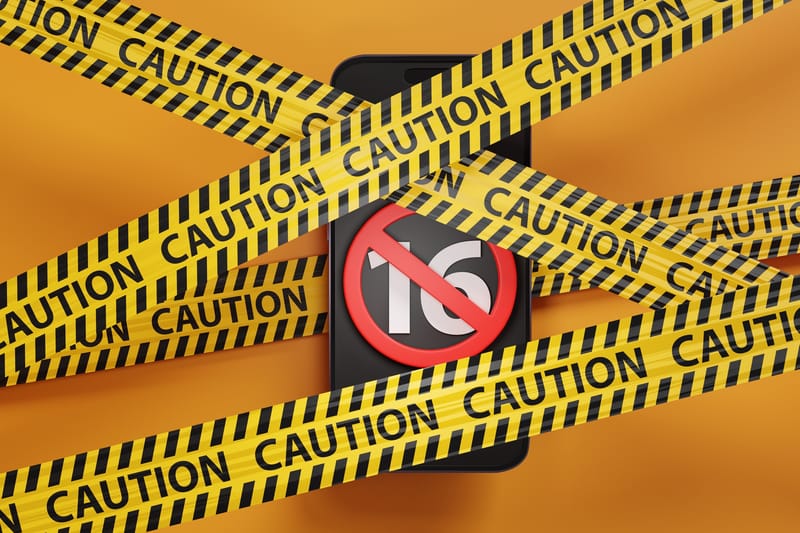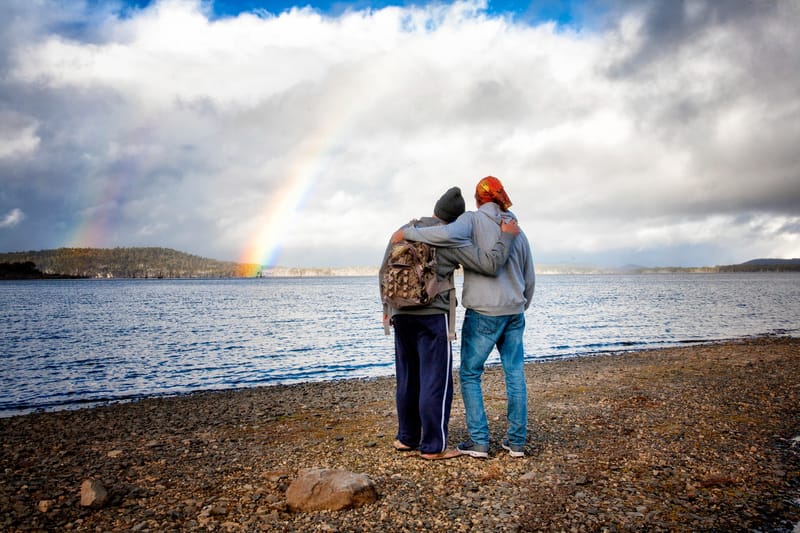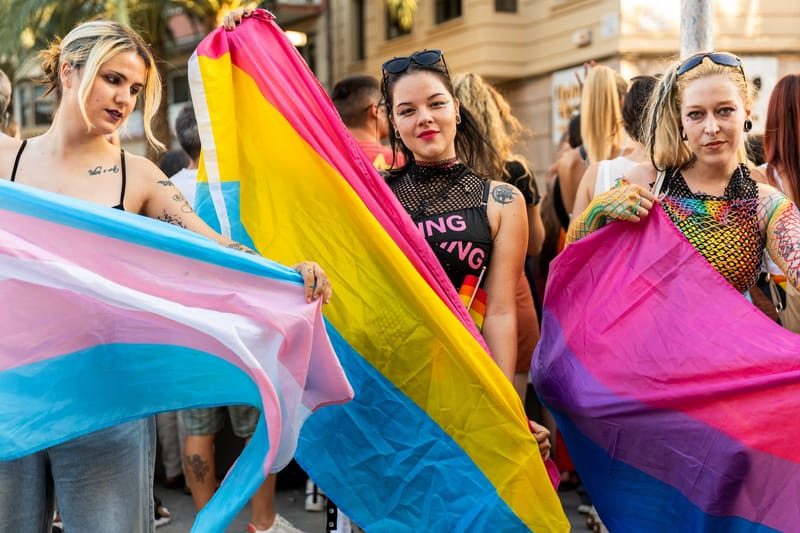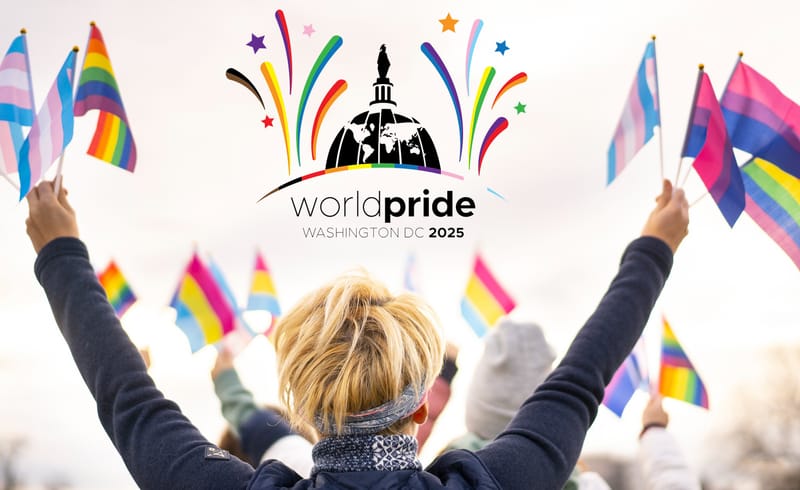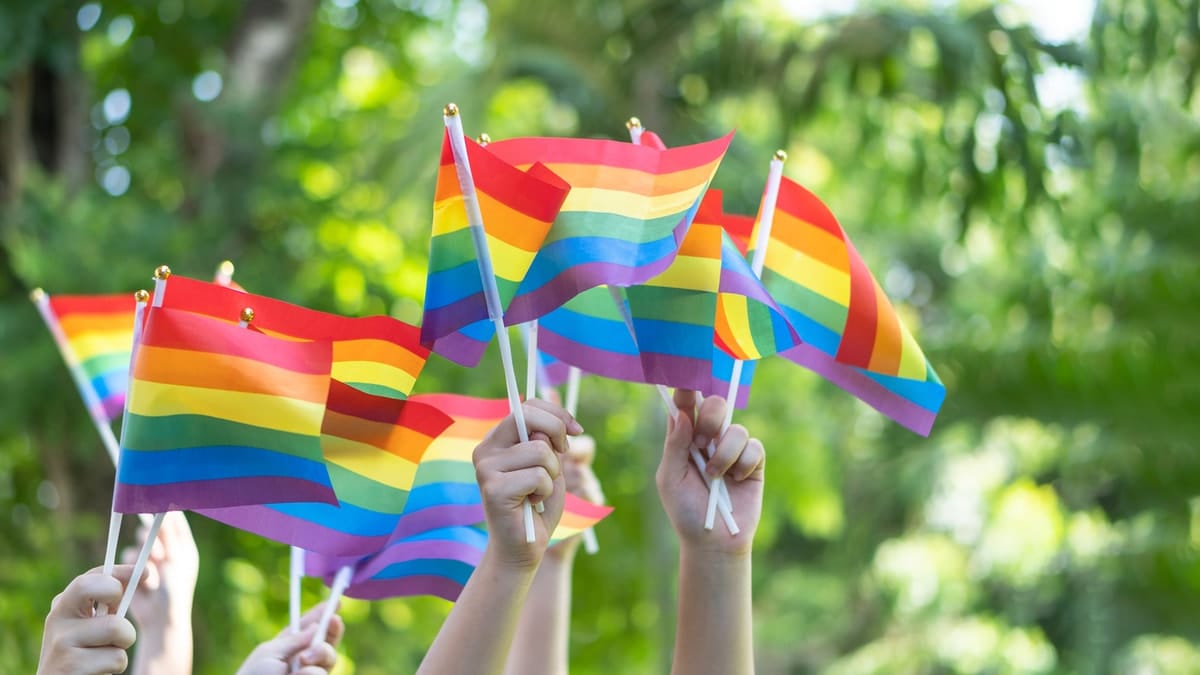
COVID-19 has obviously caused huge misery and suffering around the world. One possible silver lining of this global pandemic is that we are being forced to recognise that no one is safe, until everyone is safe.
Wealthy developed countries can vaccinate their entire populations, but unless people in poorer countries are also vaccinated, the risk of mutations of the virus developing and spreading to other countries puts the world at risk.
Similarities can be drawn to the lives of LGBTIQ people. In many Western countries, same-sex couples can marry, start a family and enjoy the protection of strong anti-discrimination laws. Australia is one such a country.
However, LGBTIQ people in neighbouring countries enjoy no such protections; 17 Asia-Pacific nations still criminalise consensual same-sex sexual conduct.
Just as we have a responsibility to ensure the global distribution of COVID-19 vaccines, we also have a responsibility to ensure the global protection of the rights of LGBTIQ people.
While we should celebrate the fact that 29 countries now have marriage equality (compared to just one – the Netherlands – in 2001), we must remember that 71 countries still criminalise same-sex sexual conduct between consenting adults, including several that impose the death penalty for this “crime”.
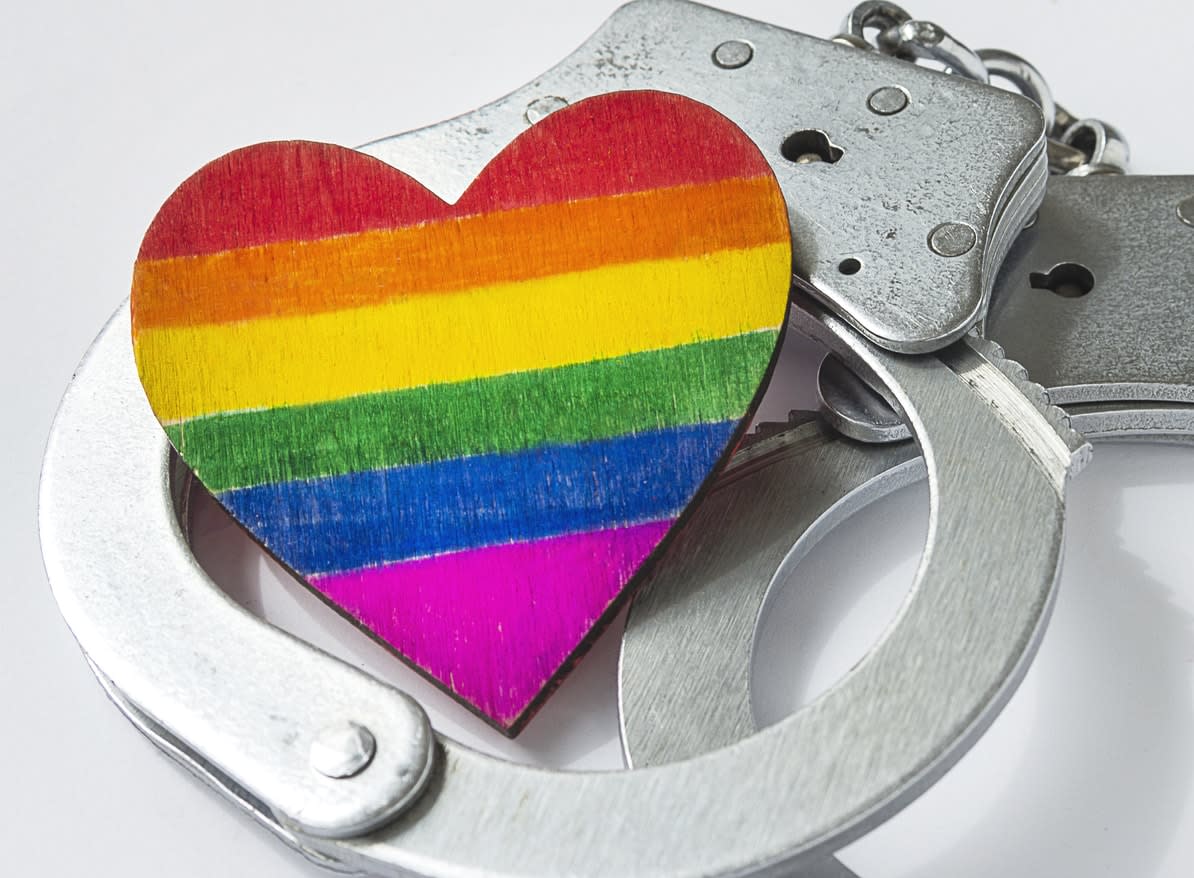
For some, the situation is regressing
While the situation for LGBTIQ people in some countries is improving, for others it’s going backwards. While Australia makes advances in the form of banning the use of conversion therapy to try to change a person’s sexual orientation or gender identity, in Cameroon two transgender women were recently sentenced to five years in prison for “attempted homosexuality”.
A recently-published three-volume collection shines a light on the progressions and regressions sexual and gender minorities are facing around the globe.
Worldwide Perspectives on Lesbians, Gays and Bisexuals explores the impact of history, culture, religion, politics and law on the lived experiences of LGBTIQ people from Australia to Zimbabwe, China to Mexico. What it’s like to be gay, lesbian or bisexual in 22 countries is explored with contributions that are as personal as they are insightful.
As the conflict between Israel and Palestine once again dominates the front page of our newspapers, it’s worth taking a moment to consider the situation of Israeli and Palestinian sexual minorities.
In this collection, Guy Shilo observes that:
“Allegations of pinkwashing have been raised by international human rights activists, and researchers assert that Israel’s use of LGB rights is a fig leaf to cover its abuse of Palestinian human rights in its continued occupation in the West Bank.”
While LGBTIQ people in Israel do enjoy some human rights protections that are denied to LGBTIQ people in other parts of that region, they’ve often been secured through hard-fought court battles, rather than progressive government policies.
Thus, Benjamin Netanyahu is accused of cynically using advances in protecting the human rights of LGBTIQ people to promote Israel as a “relevant and modern” state, instead of a militaristic and religious one.
In Iran, the fear is real
Meanwhile, some 2000km away, in Iran, the fear that LGBTIQ people live with every day is almost unimaginable. Raha Bahreini and Mohammad Nayyeri describe an environment that’s becoming more and more dangerous for LGBTIQ people.
“Iran is one of the last countries in the world that still imposes the death penalty for some consensual same-sex sexual acts and punishes others with flogging. There was once a widely-held perception that the criminalisation of same-sex sexual conduct with such severe punishments is irrelevant to the everyday lives of sexual minorities, so long as they do not display their sexual orientation in public. This myth has now been busted…These cruel and inhuman laws help create a permissive environment for homophobic hate crimes, as well as harassment and intimidation by family members and others in the community.
“Lesbian, gay, and bisexual people in Iran live in a social and political environment where aggressive, hateful discourse against persons of diverse sexual orientations and gender identities is common and widespread.”
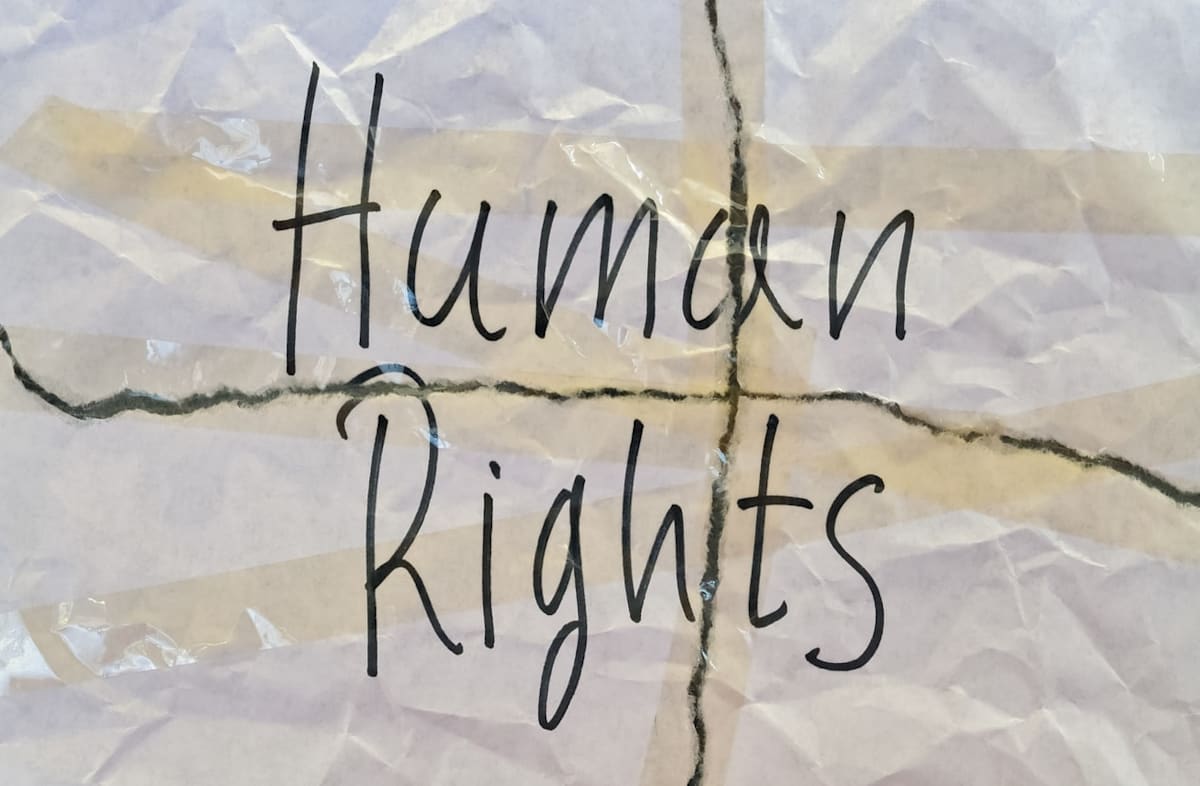
A common narrative, and a denial of rights
When looking at countries where we see the pendulum swinging against LGBTIQ people, we see real regression in respect for their rights, and a common narrative that emphasises the importance of traditional values, often relying on religious moral values.
In contrast, when the pendulum swings in favour of progress for the rights of LGB people, there are common themes relating to the recognition of the historical persecution of sexual minorities, the enactment of laws prohibiting discrimination on the basis of sexual orientation, gender identity or intersex status, the attainment of marriage equality, and the recognition of same-sex families.
Read more: IDAHOBIT: Queer symbolism, and the importance of showing your true colours
There’s a clear and direct link between the direction the pendulum swings. The more developed countries embrace equality and non-discrimination for LGBTIQ people, the more leaders such as former Zimbabwe president Robert Mugabe can claim that homosexuality is “un-African” and a “white disease”, and Uganda’s President Yoweri Museveni can assert that it is a “Western import”.
It may defy the laws of physics, but there’s an urgent need for the pendulum to swing in only one direction – towards the universal protection of the right of LGBTIQ people to live their lives in dignity and equality, regardless where they live in the world.


